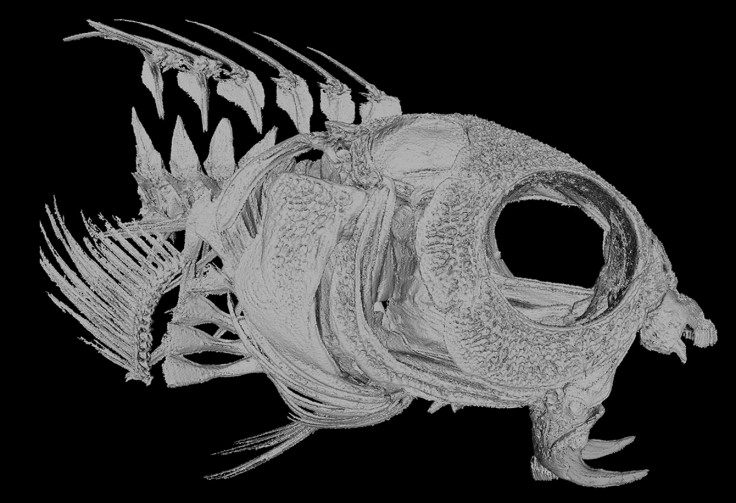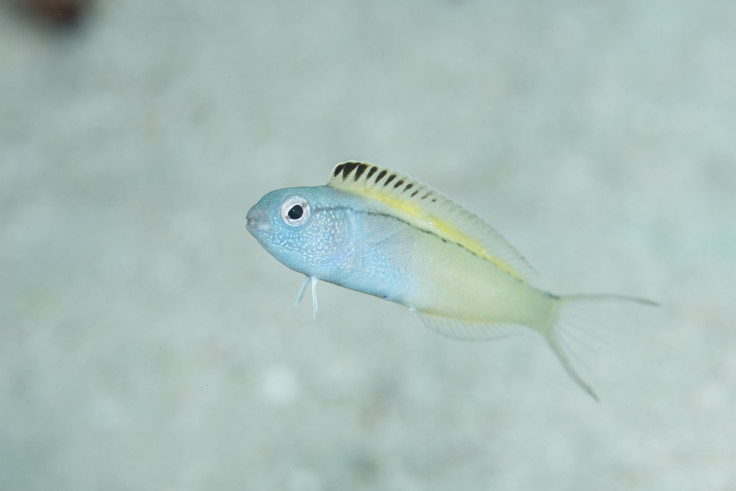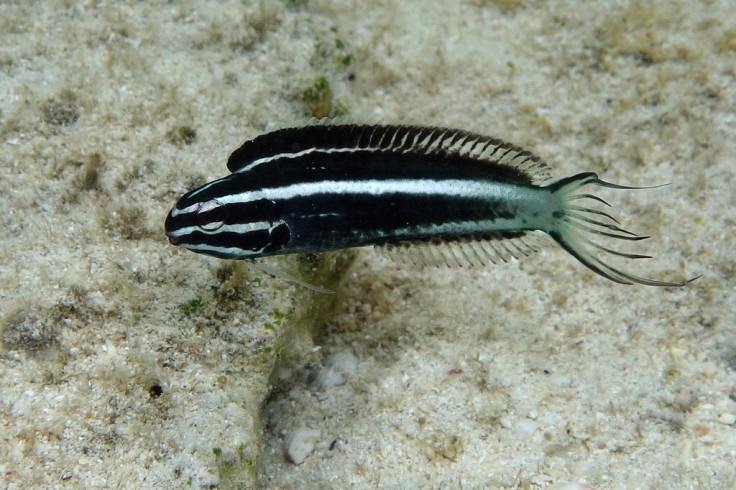Meet the tropical fish that doses its enemies with heroin-like venom
Fang blennies are beautiful tropical fish that have a unique strategy to escape danger.
The tiny, colourful fang blenny sends its enemies into a dizzy opioid haze to win fights or escape from potential predators.
The strategy of using opioids in this way to incapacitate opponents is previously unknown in nature, say the authors of a paper published in the journal Current Biology.
"It's about slowing them down. They're not injecting a fish with enough to kill them," study author Bryan Fry of the University of Queensland, Australia, told IBTimes UK.
"They're injecting with enough to produce the side-effects – a bit of dizziness and low blood pressure. That's what's useful – to make them slower and dizzier so the blenny fish can escape a predator or win a fight."
It's the first time a fish, or any creature, has been discovered to use this approach of dosing up its opponents with opioids to allow escape.
"Normally if an animal uses a venom for defence, it's all about pain. That's what we expected. It was a surprise that they weren't," Fry said. "This is adding a whole bunch of new information to evolutionary theory."

The venom is very similar to the peptides – small, simple proteins – that act as painkillers and are produced by many animals in response to injury. These have some functional similarities to opioids such as morphine or heroin, hence the common side effects of dizziness and lethargy.
But the venom is structurally different. This could make it a good alternative to traditional opioid painkiller medicines.

"They're a very different structural class to the painkillers people are familiar with. This is a good thing because they may act on a different site, they may last longer, may cause less addiction or the withdrawal from them may be less sickening," Fry said.
However, the fang blenny's habitat is the Great Barrier Reef, which is suffering coral bleaching due to the acidification of the oceans caused by climate change.
"They're right in the epicentre of the destruction of the Great Barrier Reef," said Fry. "Their primary area of Lizard Island is the area that is dying. If we're not combating climate change, then we're losing discoveries like this before we have a chance to find them."

© Copyright IBTimes 2024. All rights reserved.







